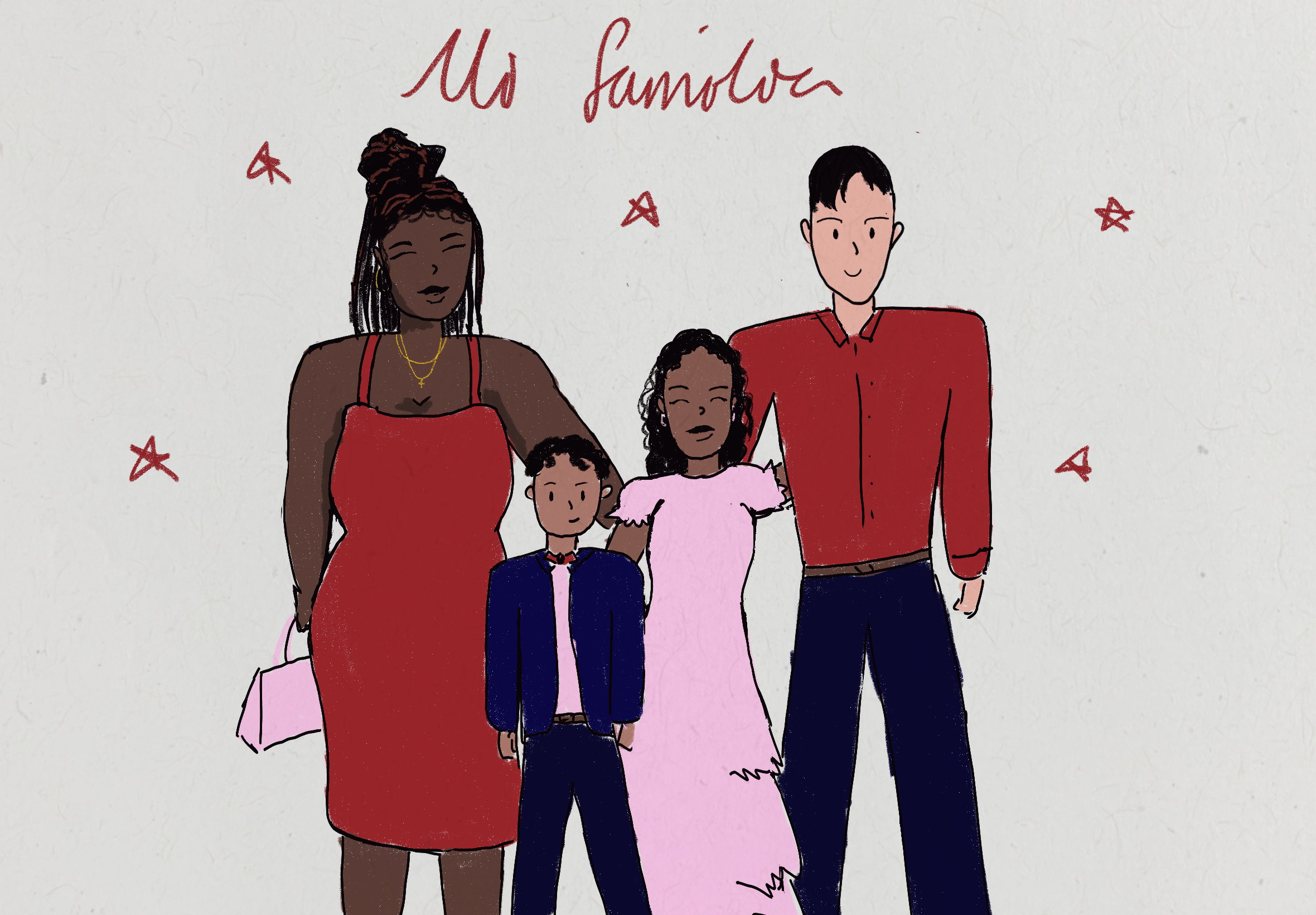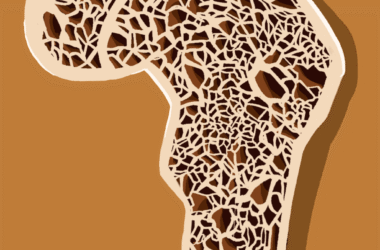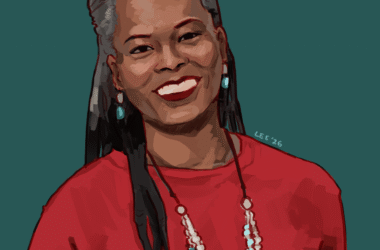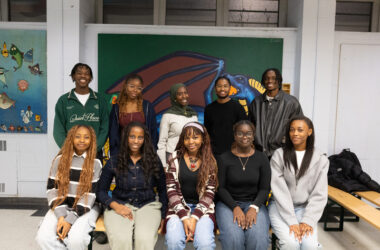Despite facing unique forms of discrimination, multiracial people remain largely overlooked in research on the intersection of racism and mental health. Multiracial people not only experience racism from strangers, but also from within their own families—a phenomenon known as intrafamilial racism. This, in turn, is a risk factor for poorer[Read More…]
Science & Technology
The latest in science and technology.
Started vaping to stop smoking? This medication may help you quit both
Electronic cigarette usage has increased rapidly in recent years, with global estimates surpassing 100 million users. As vaping continues to grow in popularity, physicians and public health researchers are facing a difficult question: How should people quit a habit for which there is virtually no medical treatment consensus? A new[Read More…]
Improving Black and Latine youths’ sense of belonging in schools
Adolescence is a formative time for young people to define both who they are and who they hope to become. For Black and Latine youth, that journey often unfolds against a backdrop of historical barriers and discrimination in society as well as in educational settings, ultimately shaping how they see[Read More…]
How socioeconomic inequality accelerates musculoskeletal decline
As we get older, our muscles and bones gradually weaken, a progression that can lead to falls, fractures, and a devastating cycle of hospitalization and physical decline. But not everyone experiences this decline at the same rate—social and economic conditions over a lifetime can profoundly shape how the body ages,[Read More…]
Meet your prof: Loydie Jerome-Majewska
From uncovering the genes that cause birth defects to serving as Chair of the Board of Directors of the Canadian Black Scientists Network, Professor Loydie Jerome-Majewska has been a catalyst for change across fields. She serves as a professor in McGill’s Department of Pediatrics and senior scientist at the Research[Read More…]
From fauna to flora: The benefits of switching to plant-based protein
Vegetarianism has been on the rise for years; in 2024, 2.3 million Canadians self-identified as vegetarian, a 176 per cent increase from 2015. Several factors contribute to the marked rise, including vegetarianism’s perceived benefits for both individual consumers and the environment. But how beneficial is it really? McGill Professor of[Read More…]
Powerful greens: How natural plant compounds are used in therapeutic intervention
Have you ever wondered why you were encouraged to eat your greens as a child? Not only are they packed with healthy nutrients, but some of these cruciferous vegetables are also home to a chemical compound called isothiocyanates (ITCs)—phytochemicals. These are shown to play a role in preventing cancer, cardiovascular[Read More…]
Inside McGill’s chapter of The National Society of Black Engineers
For many Black engineering students at McGill, finding community can be just as important as academic success. The McGill chapter of the National Society of Black Engineers (NSBE) aims to provide that support through camaraderie, mentorship, and leadership. One of the students helping lead these efforts is Fatima Janneh, a[Read More…]
How systemic barriers hinder the integration of African immigrants in Quebec’s labour market
Immigrants contribute significantly to Canada’s socioeconomic growth in undeniable ways, yet many of them are excluded from job opportunities for reasons unrelated to their qualifications. A complex interplay of racial discrimination, social isolation, and systemic inequalities shapes the experiences of Highly Skilled African Immigrants (HSAIs) joining the workforce. This raises[Read More…]
Professor Myrna Lashley sheds light on the importance of studying Black Canadian youth’s mental health
Black Canadians, on average, experience disproportionately poor health outcomes throughout their lives. While genetics may contribute to many chronic illnesses and mental health challenges, social and environmental determinants such as limited access to health care and anti-Black racism drive much of this disparity. This discrepancy is compounded by the legacy[Read More…]














